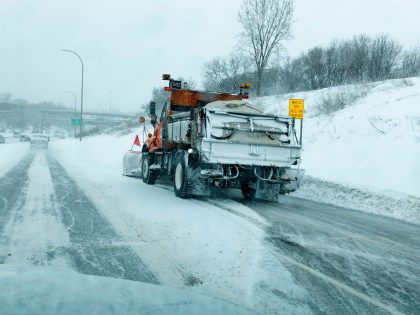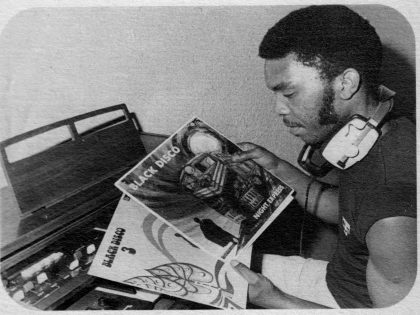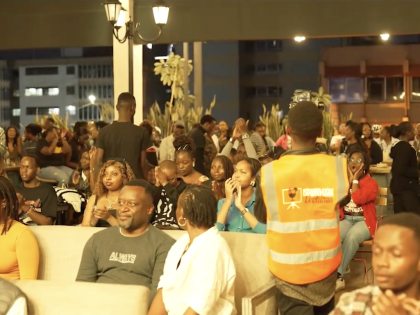You no longer need to be white to feel like a tourist in South Africa
What do you do as a South African tourist industry when the promised surge in visitors after the World Cup fails to materialize? You move your aim, target the local ‘upcoming individuals, independent couples and families’, draw up an ‘energetic, vibey and pacey’ campaign, get some of those upcoming individuals on board — and you turn the local into a daft trope.
The BLK JKS, for example, take a left turn where the hitch-hiker’s carton says ‘local’, meeting up with ‘the original men: the San’, shaking hands ‘with their ancient selves’. South Africans are urged to get out of their ‘comfort zone’, ‘get off the map, get out of the suburbs, keep moving’, because ‘sometimes you’ve got to loose your way, to find yourself again’:
http://www.youtube.com/watch?v=zDNRW5y9-ZI
Artist Mary Sibande undertakes a ‘spiritual journey to Limpopo and Mpumalanga’, pulling over at ‘the cultural landscape’ of Mapungubwe, the cycad forest of ‘the other-worldly’ Ga-Modjadji and meets up with Esther Mahlangu, ‘the icon in African traditional art’:
http://www.youtube.com/watch?v=PXuhG5PplyA
And DJ Black Coffee flies low over KwaZulu-Natal’s Drakensberg Mountains:
http://www.youtube.com/watch?v=b61WEGmXnLk
You no longer need to be white to feel like a tourist in the country.



















